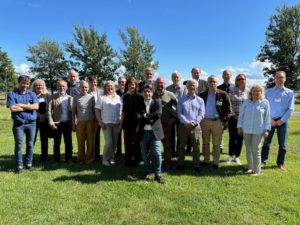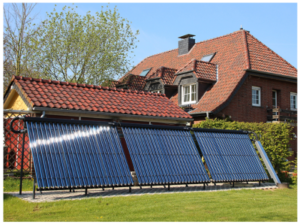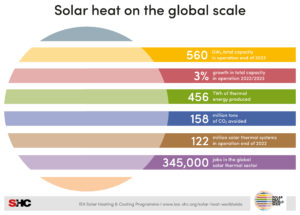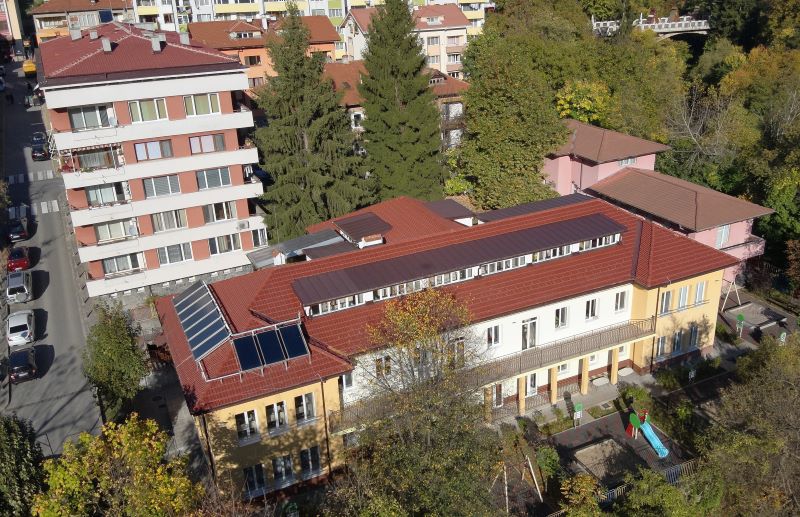
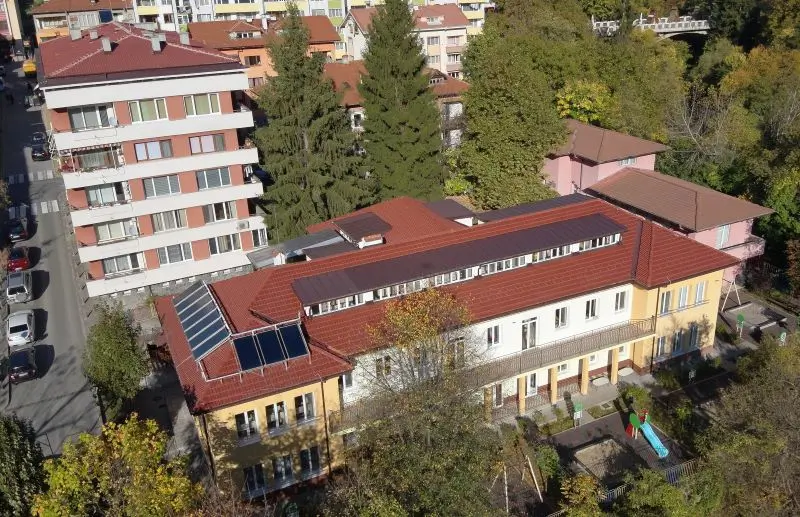
Step by step, the Bulgarian city of Smolyan is aiming to become an energy-positive city
At the beginning of October 2023, the EU project +CityxChange came to an end with a final conference in the Norwegian city of Trondheim. Since its launch, the two lighthouse cities Trondheim (Norway) and Limerick (Ireland), together with their so-called follower cities Alba Iulia (Romania), Pisek (Czech Republic), Võru (Estonia), Smolyan (Bulgaria) and Sestao (Spain), have explored possibilities for the creation of Positive Energy Blocks (PEBs) and Positive Energy Districts (PEDs). By definition, PEBs/PEDs “consist of several new or renovated buildings that actively manage their energy consumption and the energy flow to the surrounding energy system to achieve a positive energy balance”. Photo: City of Smolyan
In addition to renewable energies, ecological bio-based materials and local storage options are also used for PEBs/PEDs. The overall intention is to combine them to form intelligent electricity, heating and cooling networks that fit into a so-called Bold City Vision aiming at climate neutrality and paving the way towards a European network of positive-energy cities by 2050. This is, of course, an ambitious target and it could be expected that solar thermal energy would be used to achieve it. However, according to +CityxChange Project Manager Dirk Ahlers this is not directly the case.
“Within the framework of +CityxChange, we do not have any specific solar thermal plants, although they can be used in the individual cities in the renovation of buildings or in new buildings. This depends on local conditions and feasibility studies. The project uses some buildings with larger heat pumps connected,” said Ahlers. At least he admits that “thermal energy is an important energy aspect for overall PED development and emission reduction, and the project also investigates sector coupling between electricity and thermal energy use.”
Good practices and knowledge for local authorities
The Bulgarian city of Smolyan, situated in the Rhodope Mountains, not far from the Greek border, is at least one +CityxChange follower city utilizing solar thermal energy to create PEBs/PEDs, albeit on a modest scale for the time being. Eftima Petkova, Smolyan’s +CityxChange Project Coordinator, told Solarthermalworld.org that its participation in +CityxChange has brought Smolyan “good practices and a lot of knowledge, and has increased our capacity as a local authority to work towards the city’s sustainable development”.
According to Petkova, as a follower city Smolyan has chosen to work on a demonstration area that includes the buildings of the municipal swimming pool and sports hall, which were both renovated in 2015 as modern functional sports facilities. The sports hall was insulated and received a new heating and ventilation system with two pellet boilers and six solar thermal collectors on the flat rooftop. Also, the building of the swimming pool was insulated and is heated by a biomass boiler. The biomass boiler, together with the solar thermal collectors, covers the hot water demand for the swimming pool. The lighting in both buildings is LED-based.
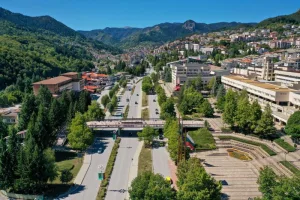
The City of Smolyan in Bulgaria has understood that it requires systematic efforts in terms of planning, cooperation with all stakeholders and the creation of the necessary regulatory, social and economic conditions to achieve positive energy blocks and districts. Photo: City of Smolyan
Additionally, the municipality is currently implementing a project named Partnership for Adaptation to Climate Change. It provides financing for demonstration measures for further instalment of renewable energy systems on both buildings, again an installation of photovoltaic panels for power production and self-consumption on the roof of the sports hall and PVT modules, which combine photovoltaics and solar thermal energy for power and heat production. This will improve the energy performance of both buildings significantly.
In the Partnership project the city of Smolyan is cooperating with the three other Bulgarian municipalities Asenovgrad, Svilengrad and Krushari and the engineering company Pleiades Bulgaria as well as the University for Science and Technology in Trondheim. “This project is ongoing and envisages financing the installation of renewable energy systems in key buildings in each of the participating municipalities as well as the implementation of a pilot energy monitoring system for energy consumption and generation in the selected buildings,” said Petkova.
She also reported that last December Smolyan became a beneficiary of the European City Facility (EUCF). This will enable the town of Rhodope to expand its +CityxChange PEB concept to the city’s administrative centre with its public buildings and the regional cultural complex with its theatre, library, museum and art gallery and the surrounding residential area. “We are examining investment possibilities to introduce energy efficiency measures and renewable energies like PV and solar thermal in a large number of public and residential buildings on the city’s territory”, Petkova explained.
She summarized that as a follower city of the +CityxChange project Smolyan “has learned how to achieve positive energy blocks and districts in a process that requires systematic efforts in terms of planning, cooperation with all stakeholders and the creation of the necessary regulatory, social and economic conditions”. The Bold City Vision 2050 for sustainable development approved by the municipality council states its long-term and very ambitious goal to develop the city in a sustainable way and ultimately to “transform Smolyan into an energy-positive city” because it acknowledges it as “in line with local needs, national and international objectives and reflects the vision of the citizens of Smolyan for the future of their town as a clean, green and future-proof, citizen-friendly city”.
Organizations and initiatives mentioned in this news article:
+CityxChange: https://cityxchange.eu/smolyans-successful-bid-for-eucf/
Adaptation to Climate Change: https://eeagrants.org/topics-programmes/climate-change-and-renewable-energy/adaptation-climate-change
